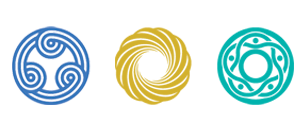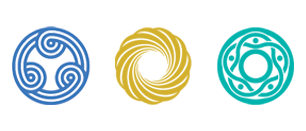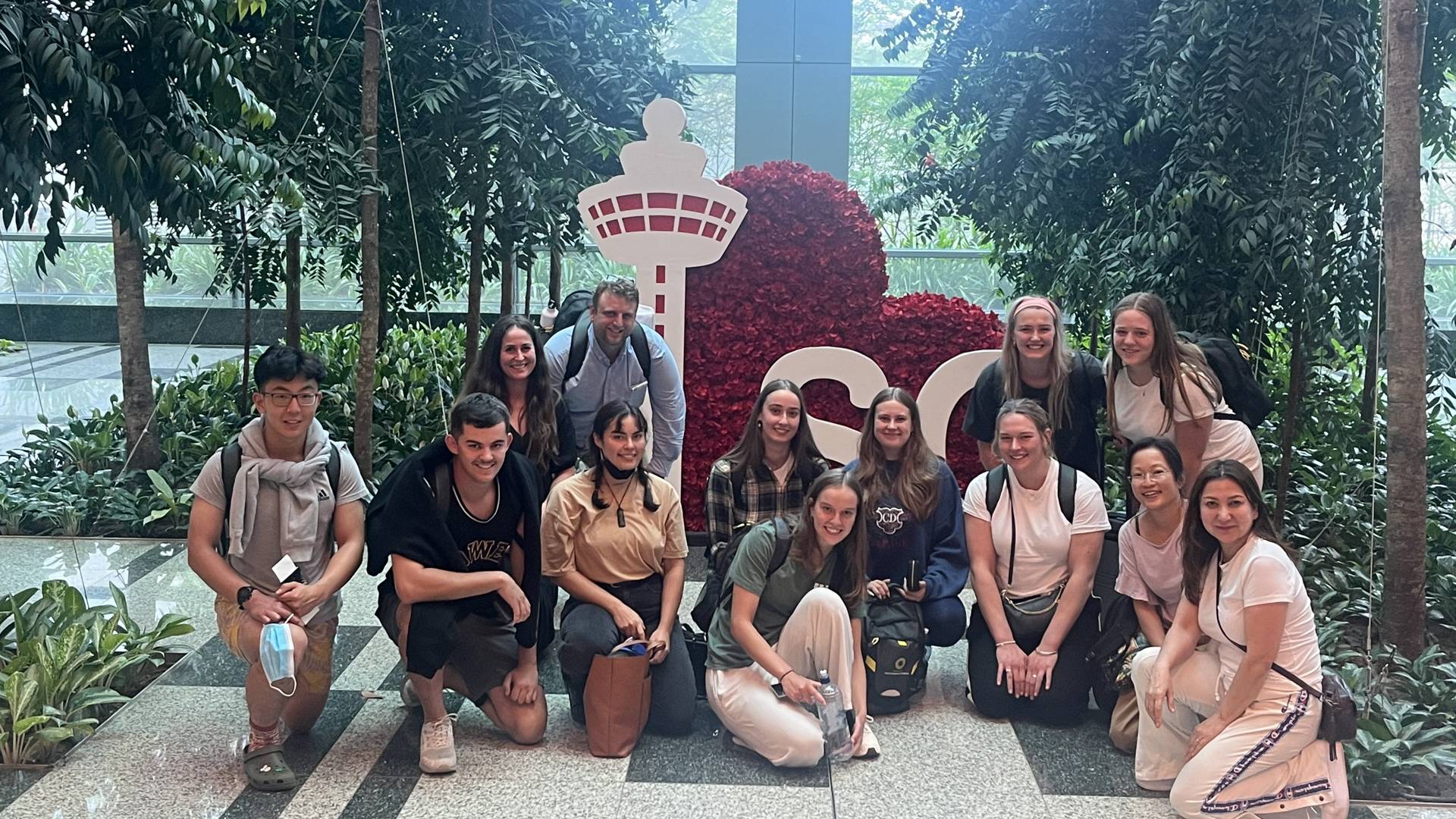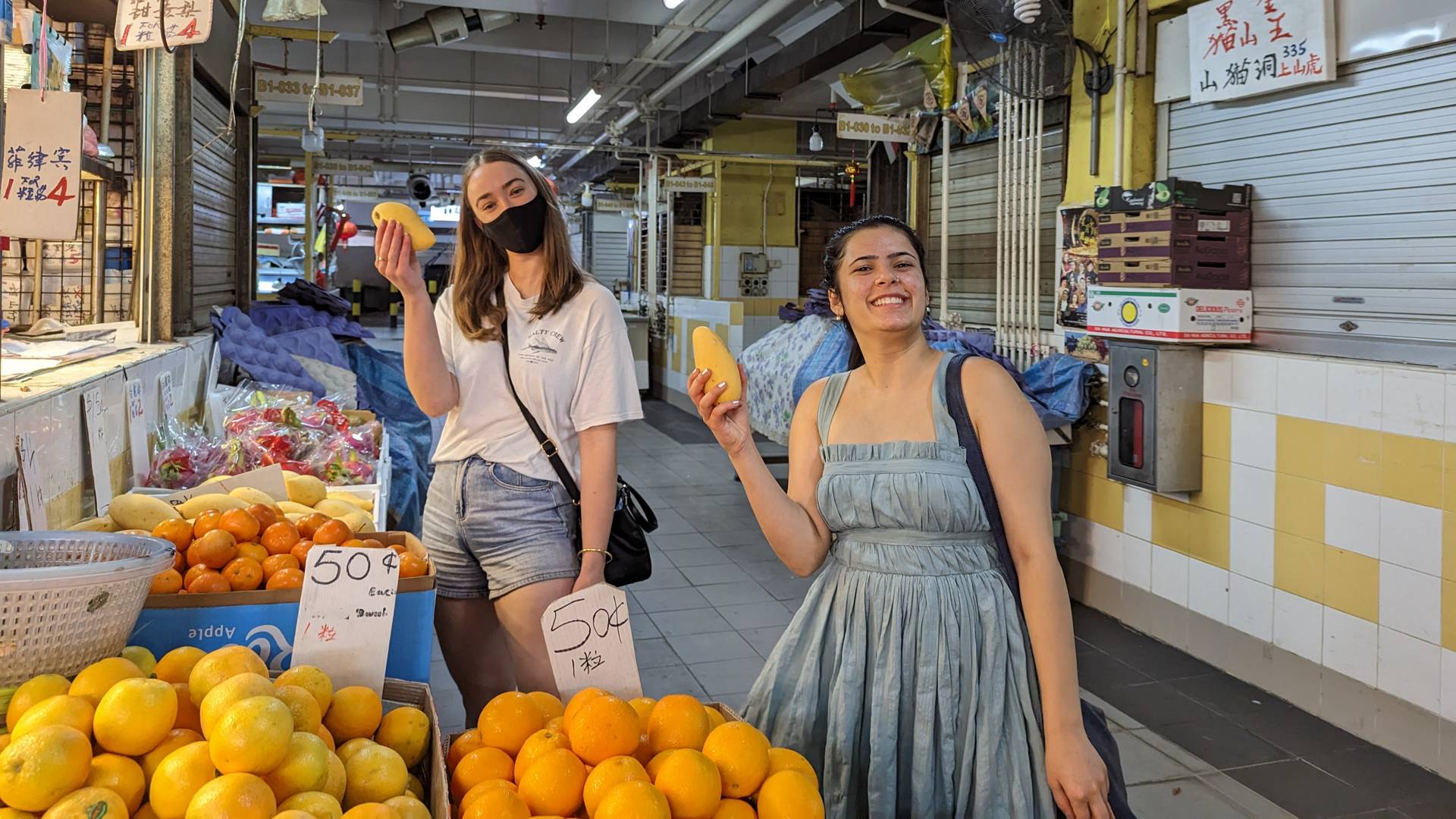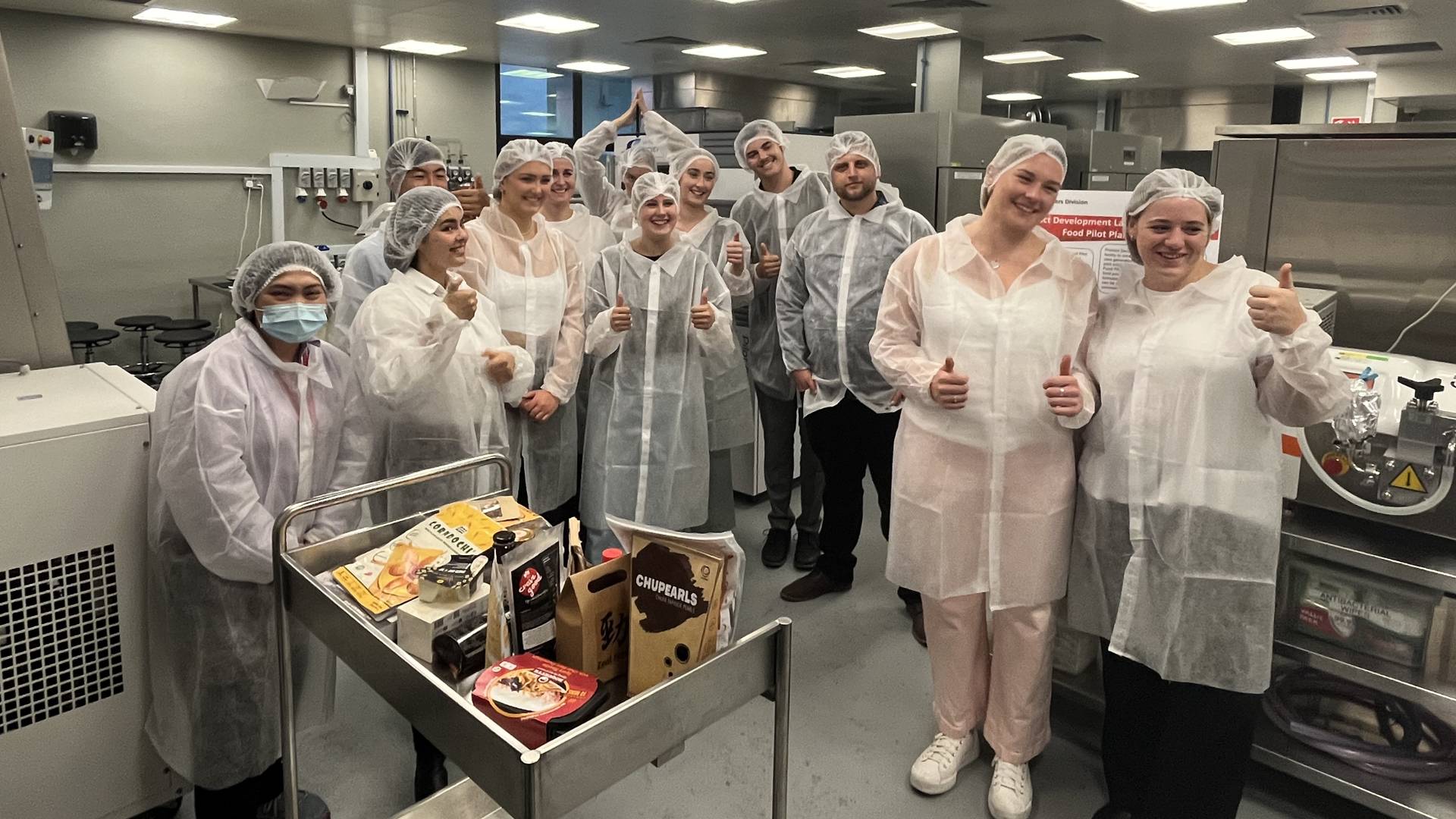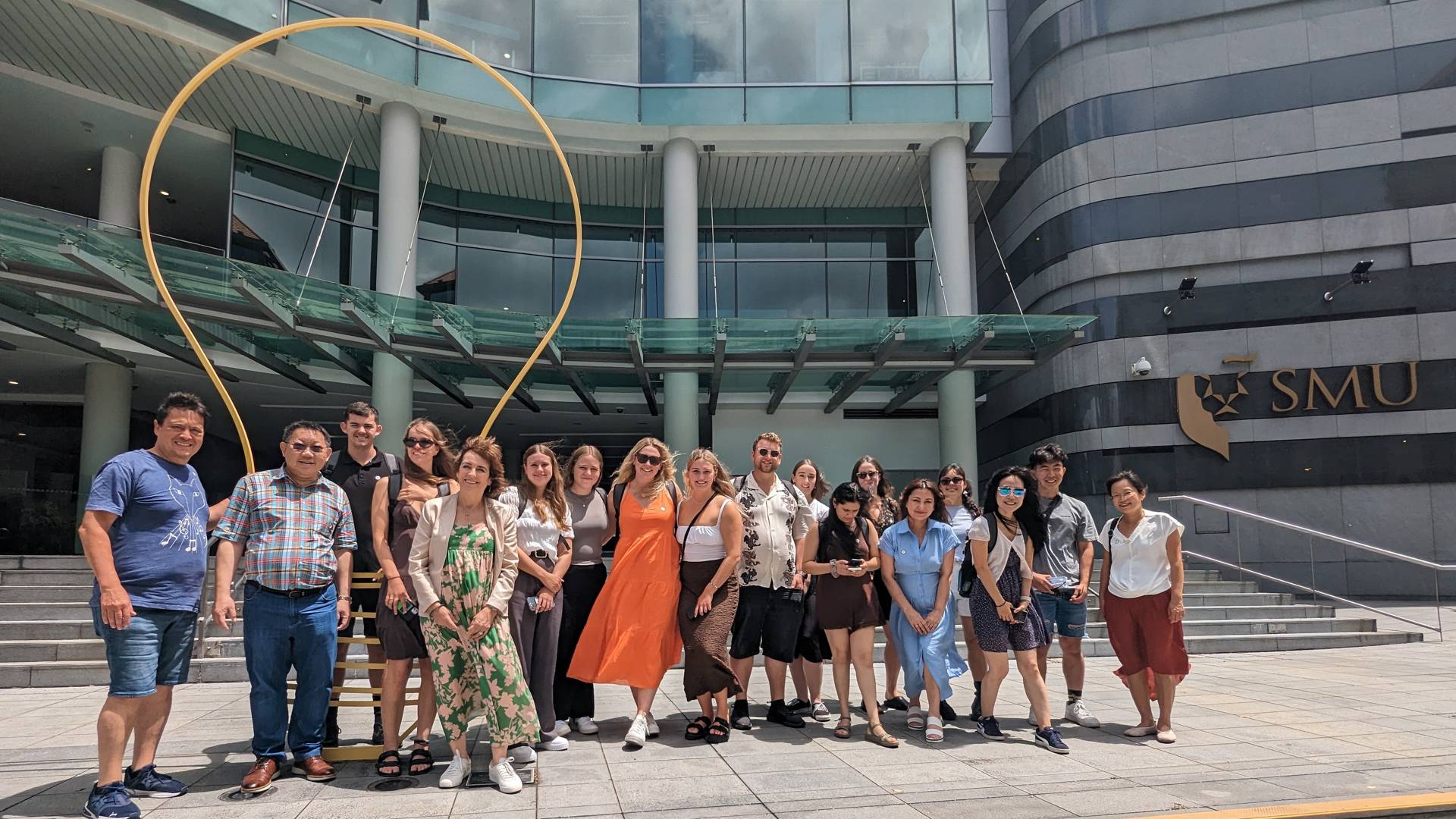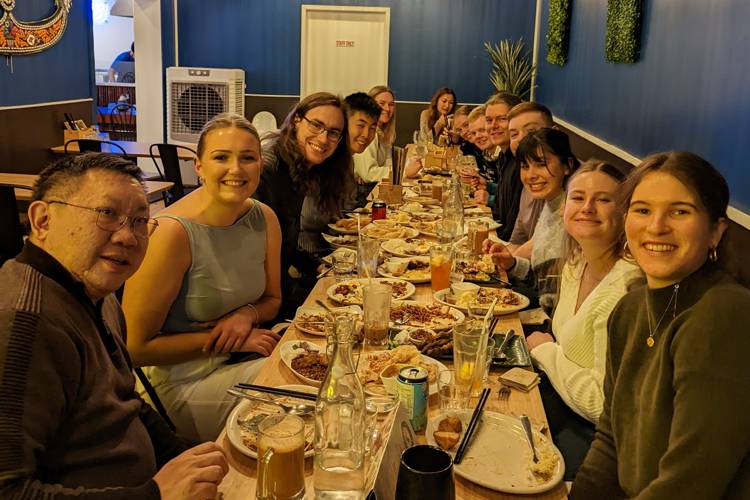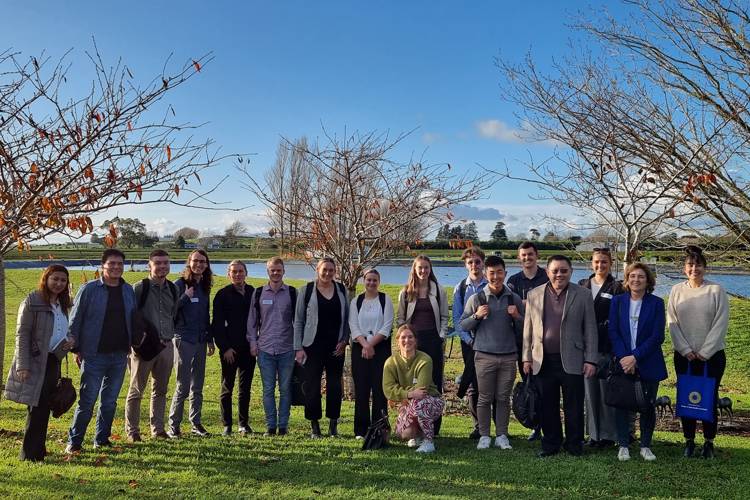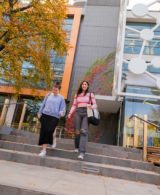Tertiary Market Immersion Programme
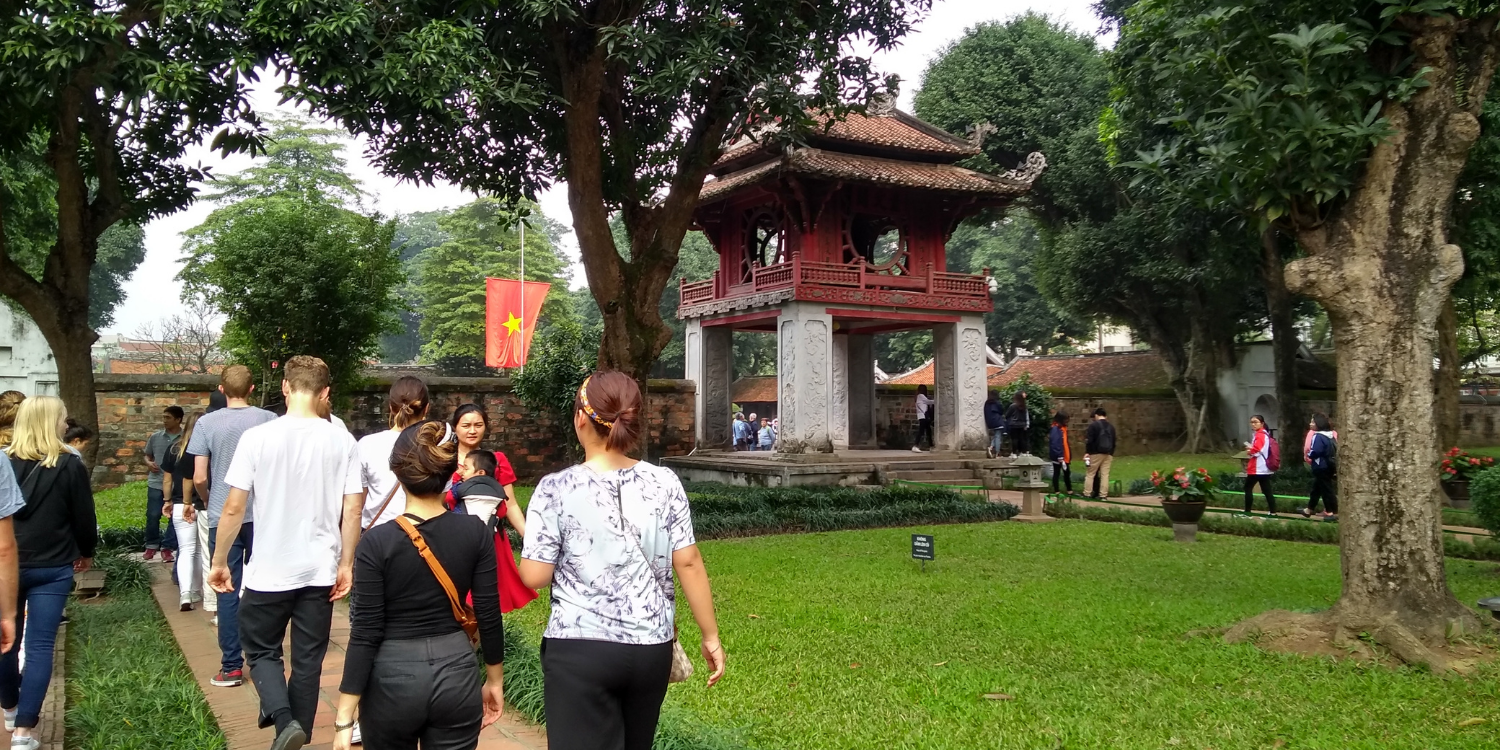

- You’ll broaden your understanding of and engagement with Southeast Asia
- You’ll learn about business environments and opportunities in the region
- You’ll be introduced to Southeast Asia’s diverse social, cultural and political dimensions and their influence on business engagement in the region
- You’ll learn about markets in Southeast Asia from the varied perspectives of businesses and government agencies in New Zealand and across the region
- You’ll work in teams, guided by academic and industry mentors, to develop a relevant business strategy
You will have the opportunity to create relationships with some of Southeast Asia’s most innovative organisations, build your knowledge of thriving markets and establish a strong network of likeminded peers, with the potential to secure an internship with one of the many exciting businesses involved.
Led by Professor Siah Hwee Ang, Director of the Southeast Asia Centre of Asia-Pacific Excellence, the six-day trip took place from 18-23 February.
The twelve participants, who are current students, researchers or recent graduates majoring in food science, engineering or business, hailed from five universities, namely Massey University, Lincoln University, University of Canterbury, Victoria University of Wellington, and University of Otago.
At New Zealand’s High Commission to Singapore, Trade Commissioner Maggie Christie and Charge d’affairs Peter Kemp painted the broad political and economic landscape in Singapore and how New Zealand companies can tap on the wealth of opportunities offered by the region. In doing so, they helped set the groundwork for participants to learn about the country from a New Zealand perspective.
On the same morning, participants were sent out to visit the various supermarket chains and reflect on how food grocery retail channels differentiate and co-exist. At the end of the day, they shared their findings with local retail and e-commerce experts from Singapore Business Federation and Business Engineers Asia. There was a spirited exchange with these two experts on the ground, who described the harsh reality of cutthroat competition in Singapore’s food and beverage market (where price triumphs over everything else, including sustainability) and gave tips for success in entering the market.
There were more laboratory visits, first with Singapore Institute of Technology (SIT), and later A*Star’s Clinical Nutrition Research Centre (CNRC). SIT runs a joint Bachelor of Food Technology degree with Massey University, and its staff and students from the programme were present to engage with our delegation. In addition to a tour of their lab, researchers from CNRC also shared how their work on sensory and eating behaviour can guide food product development, with a focus on Asian consumer preferences.
A visit to the Singapore Food Manufacturers’ Association brought participants to a face-to-face dialogue with its board members, who are also chief executives and senior managers of local food companies. It was a lively discussion where views on issues such as sustainability, food waste and manpower shortage were exchanged between both sides. Further networking took place with the New Zealand Chamber of Commerce in Singapore, where Kiwi expatriates based in Singapore shared their tips for success in the lion city.
On the academic front, participants were given a critical analysis of the geopolitical landscape in Southeast Asia at S. Rajaratnam School of International Studies. They also learned about the constraints faced by Singapore in rooftop and indoor vertical farming to tackle food shortage at Singapore Management University.
The international programme is an extension of two domestic trips which took place in 2021 and 2022, where participants met with business and government leaders, as well as researchers from a range of organisations from New Zealand and Singapore.
And the programme does not end with the participants’ return home to New Zealand. They will work in groups, guided by academic mentors, to produce research projects and develop recommendations for New Zealand Inc. agencies and businesses on the potential of the Singapore food and nutrition market for our country.
Twelve tertiary students from across New Zealand travelled to Hamilton and Auckland from 25 June to 1 July to visit NZ companies that are present in Singapore or have interests there. Throughout the one-week programme, they listened to talks (some virtually from Singapore) and went on visits to a range of organisations, including SMEs, large corporations, government agencies and research institutes, focusing on opportunities and challenges for New Zealand organisations in Singapore. Companies and organisations they interacted with included Waikato Innovation Park, Spring Sheep Milk, Maui Milk, Quentec, Zealong Tea Estate, Raglan Food Co, Tatua Dairy, FoodBowl, Fonterra, Ceres Organics, Goodman Fielder, Vince Meat, SLC Ocean, Villa Maria Estate, AgResearch, Liggins Insitiute, Waikato Management School, NZTE, New Zealand High Commission in Singapore, Enterprise Singapore and A*Star. TMIP gave students opportunities to engage with businesses, entrepreneurs, academics, government agencies and the diplomatic community.
Due to border closures, TMIP 2021 was delivered domestically in Nelson and Christchurch from 3-9 July. This year’s programme took a unique approach and focused on New Zealand’s food and nutrition sector in Singapore. Sixteen tertiary students from four universities were selected.
Places visited by the participants included Pic’s Peanut Butter, Cawthron Institute, Nutrient Rescue, Plant and Food Research, cGP Labs and Leftfield Innovation. Participants also heard from New Zealand’s High Commissioner and Trade Commissioner to Singapore, Singapore High Commissioner to New Zealand, A*Star, Zestt Wellness, NZ King Salmon, Lilo Desserts, Sustainable Foods Ltd, Kohā Organics, Fonterra and Kaitahi.
Through all these interactions with businesses, diplomats, academics and scientists, participants were able to gain specialist insights into the food industry and trends in both New Zealand and Singapore and understand the challenges and opportunities for New Zealand businesses in Southeast Asia. The group also attended New Zealand Merino’s Heroes Journey Conference where they gained a unique perspective on the connection between our land and people and how to leverage our relationship with the land to provide higher value business.
From 4-25 January 2020, 16 students from 7 universities across New Zealand swapped the lecture theatre for the hustle and bustle of three major Southeast Asian cities. Travelling through Jakarta, Kuala Lumpur and Singapore, the group spent three weeks interacting with New Zealand and local government agencies and businesses to develop a holistic perspective on how New Zealand can engage with these dynamic markets and with the wider ASEAN region.
Led by SEA CAPE staff and a team of academics, the students were divided into four groups and tasked with developing business reports around how New Zealand can engage with Southeast Asian markets in the following areas:
- Social enterprise models for sustainability in Indonesia and MalaysiaSingapore as a hub for New Zealand’s engagement in Southeast AsiaThe allure of the Indonesian, Malaysian or Singaporean food and beverage market for New Zealand
- New Zealand’s services into the Indonesian, Malaysian, or Singaporean markets.
Jakarta, Indonesia
In Jakarta, students braved the chaotic traffic to visit businesses and NGOs, including: XSProject, Suwe Ora Jamu, Greenhouse and M Bloc. At BRI Microfinance Centre they heard first-hand about the opportunities and challenges facing SMEs in Indonesia, and how micro-finance is being used to empower small and micro businesses. Later in the week, the group visited the ASEAN Secretariat, the Economic Research Institute for ASEAN and East Asia, and the Indonesian Ministry of State Secretariat to learn about the country’s key role in ASEAN as well its relationship to New Zealand in light of challenges of global trade. Meeting with NZ Ambassador to Indonesia Jonathan Austin and NZ’s Deputy Head of Mission to ASEAN Charlie Gillard at the New Zealand Embassy in Jakarta was a particular highlight for many of the participants.
Kuala Lumpur, Malaysia
The Kuala Lumpur leg of the programme included a two-day internship with companies based in the Malaysian capital. The internship host companies, Accelerate Global, Storiiu Sdn Bhd, Fonterra, New Zealand Unlimited and Datacom, offered the students hands-on work experience and valuable insights into Malaysian workplace culture.
During the remaining time in Malaysia the group visited a mixture of entrepreneurial and tech-focused organisations such as MaGIC, HLX and Maxis. At Maxis, students were hosted by SEA CAPE ASEAN@50 fellow Senthil Balan who gave a presentation on how to win in Southeast Asia through the power of relationship building. An undoubted highlight of the Malaysian leg of TMIP was an evening reception at the residence of NZ High Commissioner to Malaysia, Hunter Nottage, where the students each had the opportunity network and to speak about their TMIP experience so far.
Singapore
Singapore marked the final leg of the programme. Students spent a busy few days learning from MFAT, NZTE, Education New Zealand and Tourism New Zealand, among others, about New Zealand’s trade and political relationship with Singapore and the value for New Zealand businesses in leveraging the NZ provenance story. They also learned about how New Zealand firms have successfully used Singapore as a hub to explore other Southeast Asian markets. Visits to A*Star and RSIS – S. Rajaratnam School of International Studies rounded out the week with observations on the Singapore story and the key drivers behind the country’s success.
The final presentations held at the NZ High Commission marked the end of the in-market programme. The afternoon was a great showcase of the TMIP 2020 journey in Southeast Asia and the learnings along the way, with each of the four groups successfully pitching their ideas to the audience and judges, which included High Commissioner Jo Tyndall.
The audience heard dynamic pitches on using Agritech to analyse the ways in which Singapore can be a gateway to the ASEAN region, opening the pathway for indigenous Maori brands through herbal tea, exporting New Zealand patient data managements systems to Malaysia, and managing food waste through social enterprise.
TMIP 2020 Team 1
TMIP 2020 Team 2
TMIP 2020 Team 3
TMIP 2020 Team 4
From January 8th – 25th, 16 tertiary students from across New Zealand participated in the Tertiary Market Immersion Programme (TMIP). Led by SEACAPE staff, the students visited Vietnam, Thailand and Singapore to learn about doing business in Southeast Asia and the opportunities and challenges that the region presents.
Throughout the programme, students worked in teams to develop a business idea for a New Zealand company or entrepreneur wanting to enter the Southeast Asia market. Each group focused on a different industry: food and beverage, e-commerce, SME innovation and entrepreneurship, and social enterprise, and presented their idea in Singapore at the end of the programme.
In Vietnam, the students were amazed by the richness of the culture, the resilience of the people and the dynamism of Hanoi and Ho Chi Minh City. They learned about Vietnam’s rapidly growing and entrepreneurial business culture through their interactions with New Zealand Trade and Enterprise (NZTE), several global businesses, and Vietnam’s first unicorn – VNG to name a few. The group also had a lively exchange with local students at the University of Economics in Ho Chi Minh City before rounding off their visit at the New Zealand Embassy in Hanoi.
Contrasts started to become apparent as the group arrived in Thailand for the second leg of the programme. At the Eastern Economic Corridor (EEC) head office in Bangkok they learned about Thailand 4.0 and the Thai government’s vision for economic growth through infrastructure development, trade and investment hubs, innovation parks and creating liveable smart cities. The group met with SEACAPE’s ASEAN@50 Fellows, Dr Thitinan Pongsudhirak and Dr Pavida Pananond, at Chulalongkorn University where they learned about the political and economic environment in Thailand as well as the challenges to the economic upgrading of the country. In a day-long session at Hubba co-working space, the local NZTE office briefed the participants on the Thailand Market and arranged an excellent line-up of speakers for the students with a strong focus on social entrepreneurship and innovation.
Singapore marked the final leg of the programme and saw the group come together with Young Enterprise students participating in SEACAPE’s Business Challenge programme. Highlights in the ‘Lion City’ included meeting NZ High Commissioner, Dr Jonathan Austin, and NZTE’s East Asia Regional Director, Clare Wilson at the New Zealand Chamber of Commerce, visiting Facebook’s AsiaPac HQ, hearing from Singapore-based Kiwi entrepreneurs, and using a co-working space to work on their business pitches. A visit to Singapore Management University allowed the students to hear an academic perspective on Singapore’s development.
On presentation day at ANZ’s Singapore office, each of the four groups pitched their business idea to an audience including a panel of judges, the Business Challenge participants, and a number of invited guests. Their ideas covered cold chain logistics in Vietnam, the social enterprise landscape in Southeast Asia, an environmental management app and advisory service, and a pitch to develop the coffee industry in Thailand.




